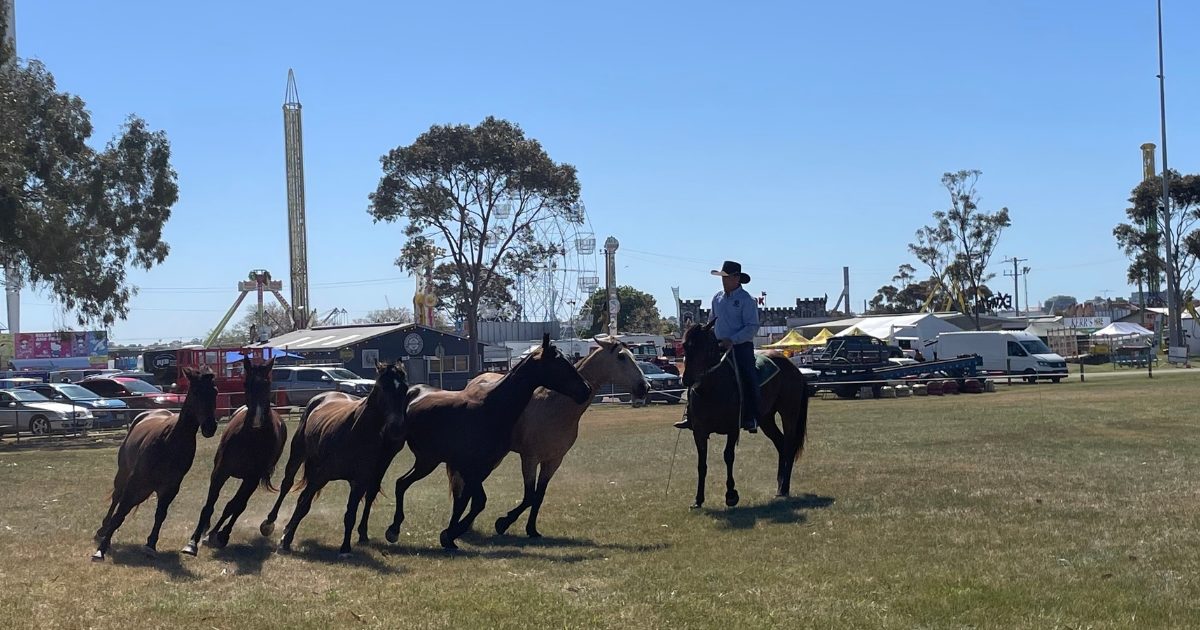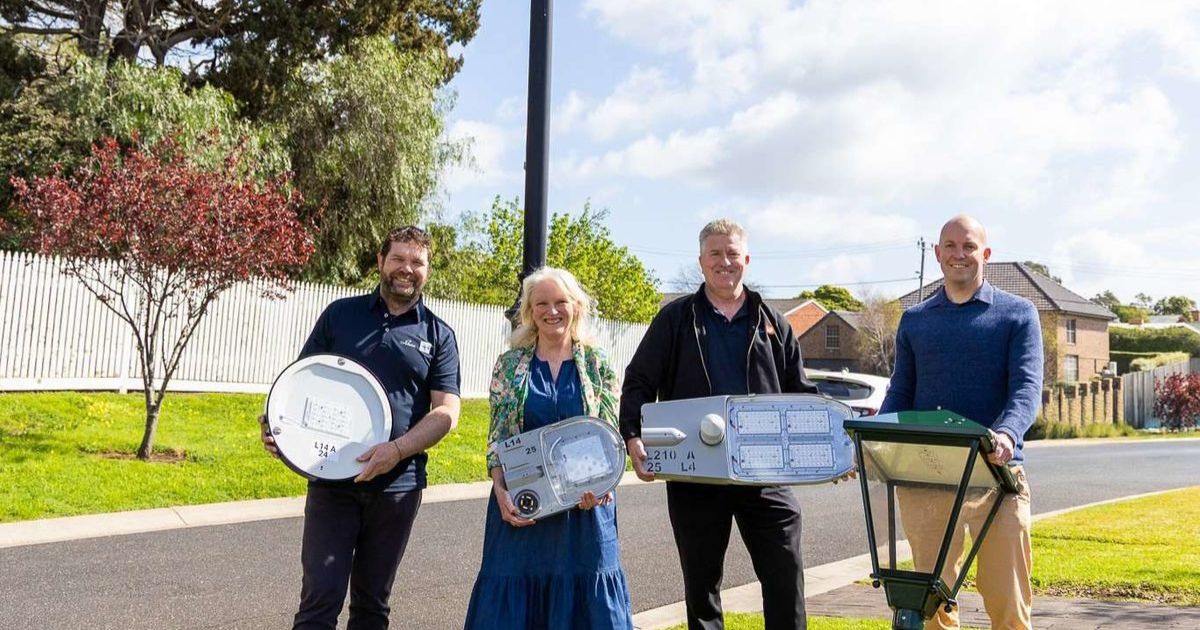Rating review – too little, too late, any hope?

VFF president David Jochinke said that rural and regional ratepayers have been waiting since November 6 for action on a rates review following a pre-election promise made by Premier Dan Andrews.
THE Victorian Farmers Federation (VFF) is frustrated by the delayed timeline and the lack of a rates freeze following the recent announcement of a review of Victoria’s rating system by the Andrews Government.
“Rural and regional rate payers have been waiting since November 6 for action on a rates review following a pre-election promise made by Premier (Dan) Andrews,” VFF president David Jochinke said.
“It has taken five months for this promise to be actioned and now we discover that rural and regional rate payers will need to wait another year for the report to be delivered.
“Premier Andrews and Minister Somyurek claim they are seeking improvements for a ‘fair and equitable’ outcome but farmers across the state are really starting to question this rhetoric. Farmers have experienced rate increases of over 50 per cent.”
Mr Jochinke said that while farmers wanted to contribute to their local communities, they should not be underpinning the council’s operations, particularly when many of them do not receive
council services provided to townsfolk.
“Farmers across the state are trying to make ends meet after a number of very challenging seasons.
“Many farmers simply cannot afford to pay their exorbitant rates bills so in the interests of fairness and equity, Minister Somyurek must put a freeze on rate increases until the review is finalised.
“We have to question if this review is a genuine attempt to fix the problems.
“We note that the review excludes any evaluation of the rates cap, land valuations, taxation and other local government funding sources.
“We’re unsure how this review will contribute to the development of a sustainable local government funding model without considering these fundamental elements.
“We are also severely disappointed that the VFF, a key stakeholder acting on behalf of thousands of farmers contributing significantly to Victoria’s economy, was not consulted during the development of the terms of reference for this review.
“We will continue to monitor this process with interest, and to understand how the review panel will engage with rural and regional ratepayers.”

















